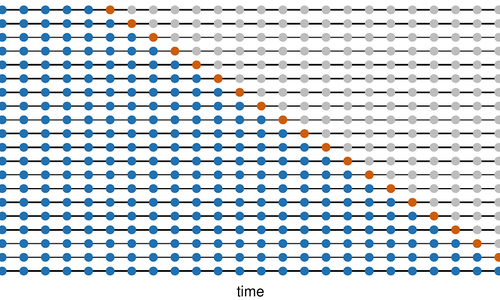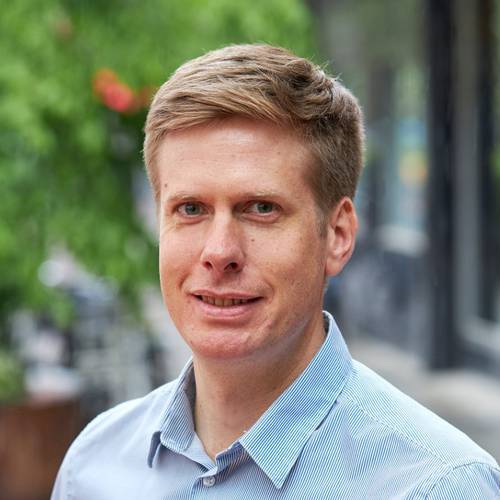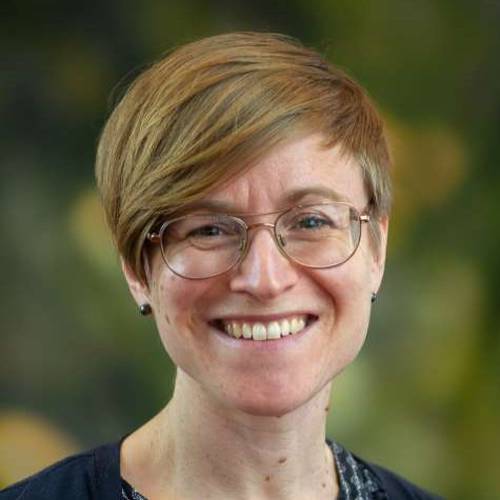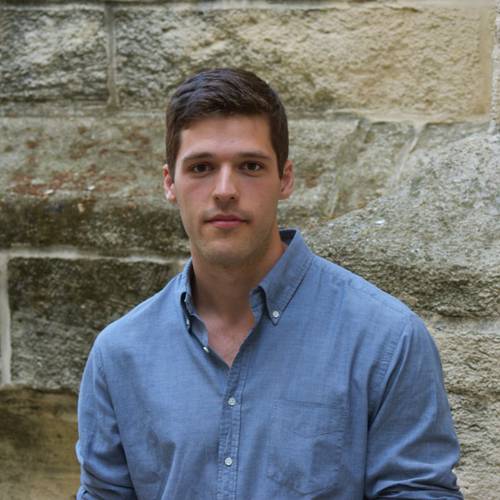Tech Frontiers in Forestry
KTH Innovation & KTH AI Society
Lunch Lecture
Tech Frontiers in Forestry
Description
Discover the hidden opportunities within Sweden's forestry sector. Forestry is ripe for technological disruption.
This lecture will reveal how this traditional industry is transforming through Data, AI, Robotics, and other technologies, offering unique opportunities to address climate challenges while building remarkable ventures.
Leverage Sweden's world-leading forestry expertise to develop solutions ranging from AI-powered inventory systems to biomaterials.
Key Focus Areas
- Forest Industry Landscape
- Tech Gaps in Forestry
- Entrepreneur Success Stories
- Resources for Start-ups
📝 Registration
Sorry, the event has already taken place!
Ping us at contact@kthais.com if you need help.
Time: May 6, 2025 12:00 - 13:00
📣 Speakers
Sverker Danielsson is the Programme Director of Mistra Digital Forest, a Swedish research initiative focused on leveraging digital technologies to advance sustainable and efficient forestry practices. With over two decades of experience in industrial research within the bio-based sector, he also serves as Deputy Programme Director at BioInnovation, a strategic innovation programme aimed at accelerating the transition to a circular bioeconomy in Sweden.
Prior to his current roles, Danielsson spent nine years at RISE (Research Institutes of Sweden), where he worked closely with pulp mills and their processes. He holds a Ph.D. in pulping technology from KTH Royal Institute of Technology.
Maria Nordström is the Program Manager for Digital Transformation and Forest Planning at Skogforsk, the Forestry Research Institute of Sweden. In this role, she leads initiatives that integrate digital technologies into forestry operations, aiming to enhance decision support systems, remote sensing applications, and data standards for sustainable forest management.
Emilien Valat is a Postdoctoral researcher in the department of Mathematics at KTH. He has a PhD in engineering from Southampton University and worked at Bristol and Cambridge Universities prior to his present employment.
His current interest include X-ray Computed Tomography (CT) and machine learning for forestry. In collaboration with Luleå Tekniska Universitet, he is working on the integration of machine-learning techniques in the sawmill. More specifically, he is working on interfacing the CT reconstruction of logs with post-processing techniques such as knot segmentation and individual-log grading.
Villim Prpić is Chairman of the Board at KTH AI Society and a Research Assistant at the House of Innovation, Stockholm School of Economics. He studies Applied and Computational Mathematics at KTH Royal Institute of Technology. As Chairman, he has led a full organizational restructure, expanded the society's national footprint, and strengthened partnerships with leading companies. His work focuses on bridging student talent with real-world AI challenges, supporting research, development, and industry collaboration across Sweden’s top universities.
Location: Arena, KTH Innovation, KTH
Become a member
Join the KTH AI Society and gain access to Slack ![]() where you can communicate with others interested in the same field as you and get a quick insight on the organization!
where you can communicate with others interested in the same field as you and get a quick insight on the organization!
Latest news

The Intersection of AI and the Human Brain

A longstanding aspiration of researchers has been to create Artificial...

Navigating the New Energy Era

By Yuhui Gan Artificial Intelligence (AI) technologies are revolutionizing the...

An Introduction to Time Series Forecasting


What is a time series? Many of the real world...






